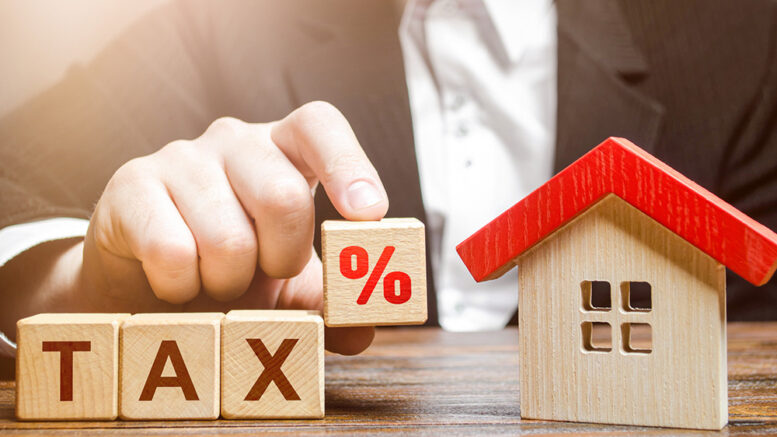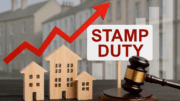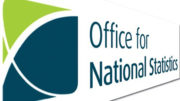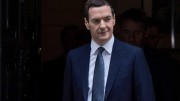The Scottish Government has approved its 2025-26 Budget, earmarking over £15 billion for local councils and ramping up investment in affordable housing. However, the decision to increase the Additional Dwelling Supplement (ADS) on buy-to-let properties has drawn sharp criticism from landlords and property industry experts.
Landlords warn of rental supply crisis
While the Budget includes significant funding for housing, infrastructure, and public services, private landlords argue that the 2% increase in the ADS-raising it from 6% to 8%-will deter investment in the rental sector.
Timothy Douglas, head of policy and campaigns at Propertymark, expressed his concerns, stating: “We welcome investment in affordable housing and the Heat in Buildings programme to improve energy efficiency. However, increasing taxes on buy-to-let purchases at a time when Scotland faces a rental supply shortage is the wrong move.”
Propertymark argues that Scotland already has the highest landlord taxes in the UK, and this latest increase could exacerbate the housing crisis rather than solve it. Douglas added: “This will do nothing to tackle Scotland’s housing emergency or reduce rents for tenants. In fact, it may have the opposite effect by discouraging investment.”
Investment deterrent or necessary measure?
Finance Secretary Shona Robison defended the Budget, saying: “I am pleased that Parliament has approved the Scottish Government’s Budget-confirming plans to invest in public services, lift children out of poverty, act in the face of the climate emergency, and support jobs and economic growth.”
She emphasised that the tax increase is part of a broader strategy to generate revenue for public services while encouraging home ownership. “We are delivering a universal winter heating payment for the elderly, providing record funding for local government, and increasing investment in affordable housing,” she added.
However, critics argue that policies aimed at boosting homeownership should not come at the expense of rental sector investment, which remains vital for Scotland’s housing market.
What does this mean for landlords?
Many landlords feel increasingly squeezed by recent legislative and tax changes. With higher purchase costs and ongoing regulatory burdens, some fear that rental supply could shrink as landlords opt to sell rather than expand their portfolios.
“It’s another nail in the coffin for small landlords,” said one Edinburgh-based investor, who wished to remain anonymous. “With tighter regulations, rent controls, and now this tax hike, it’s becoming harder to make buy-to-let viable. That means fewer rental homes for tenants who need them.”
The knock-on effect could lead to rising rents and increased competition for tenants struggling to secure housing.
As the private rental sector continues to feel the pressure, landlords are left questioning whether Scotland’s property market will remain attractive for investment in the years to come.








